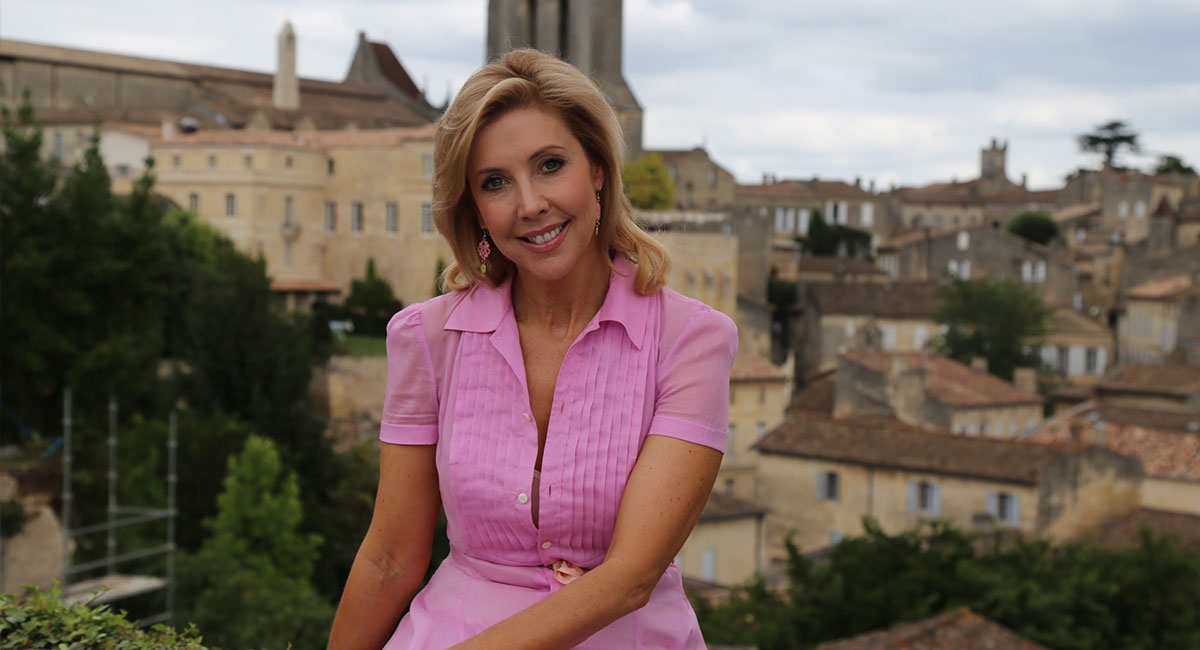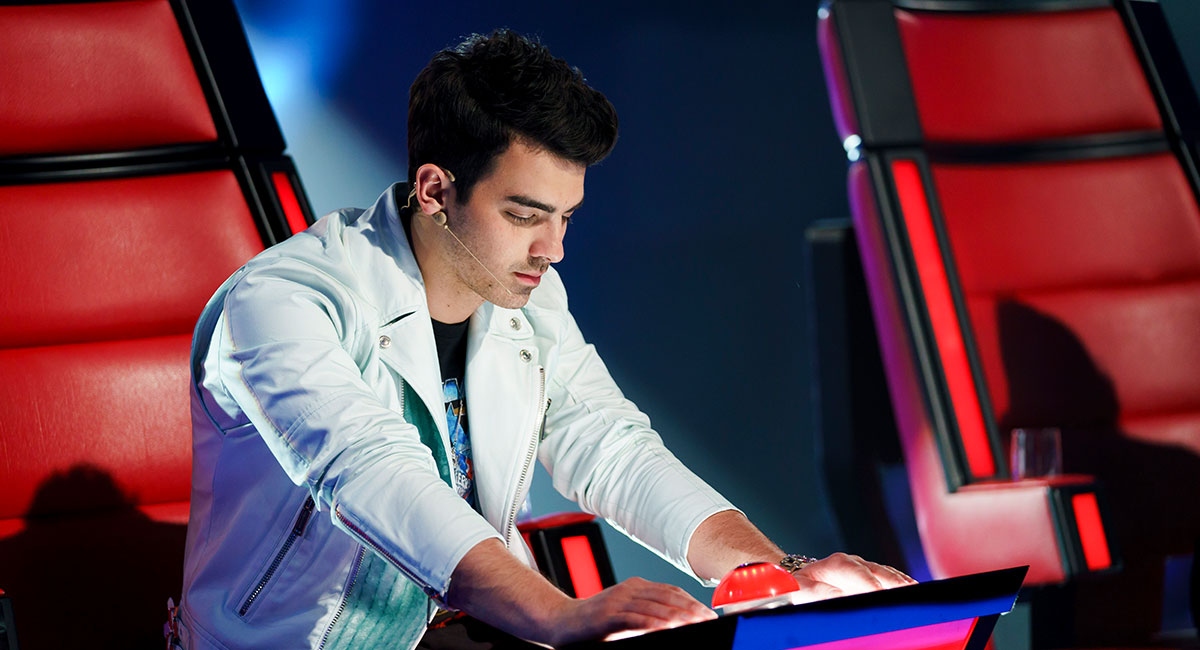Nine’s executive producer John Walsh hopes the addition of US singer Joe Jonas to the 2018 season of The Voice Australia will attract more young viewers.
• Inside Married At First Sight’s ‘scandalous’ 2018 season with EP John Walsh
Jonas, of Jonas Brothers fame and the lead singer of DNCE, was confirmed as the fourth coach on the seventh season of the show in December 2017. He replaces the “Kiss From A Rose” singer Seal.
Walsh told Mediaweek: “There is no doubt that we hope that Joe will help get bigger numbers in the younger demographics.”
Walsh said more young people auditioned for the singing competition this year than previously. He associated this with the presence of Jonas on the show. “The show feels younger and fresher.”
Other coaches on The Voice Australia this year are Boy George, Delta Goodrem and Kelly Rowland. “The coaches all have different strengths and attract different types of artists,” Walsh said.
The biggest change to the format this year is the introduction of a wild card.
The 2018 season of The Voice Australia premiered on April 15, 2018 with the blind auditions, which had 1.02 million people watching. Forty-eight singers will be chosen from this round to proceed to the Knock Out stage, from which 24 participants will go on to the Battle round.
The new wild card aspect of the competition comes into play between this stage and the live shows. Usually only 12 people from the Battle round are selected by the coaches to go through to the next stage. This season, each coach will get to choose one losing member from their team to try their luck again. The four members will then perform in the live round. The audience at home will get to vote on who should be given a wild-card entry into the competition to compete for the title of The Voice Australia 2018.
Walsh told Mediaweek that this is a “world-first” for The Voice format. When introducing new things like this there are risks associated with it, he confessed. “You take a risk of alienating people who like things to be as they were but what you have to think about is, ‘Is this change going to be better for the show?’”
This change is a positive one, he said. “It increases the jeopardy and drama factor in the show. It also increases audience participation.”
The casting call for the 2018 season of the show was made in July 2017 and the blind auditions were filmed in January. The show has been in production for just over nine months so far. Walsh has worked on The Voice since season one, which went to air 2012.
“Casting for the first season wasn’t difficult but by the time you get to the seventh season of The Voice and there have already been multiple seasons of The X Factor and Idol before that, finding new talent is a challenge. We are lucky that we have managed to dig deep and find some really good people again.”
25 years of Getaway
This was the show that brought Walsh to Nine in the 1990s. Adrian Swift had asked Walsh to serve as the executive producer of Getaway during the end of season three. Swift, who is currently Nine’s head of content production and development, served as the second executive producer of the show. The founding EP was David Lyle.
One would assume that being the executive producer of Getaway means travelling a lot but Walsh set the record straight: “I didn’t travel as much as you’d think. I was mostly at a desk. It was a bit unfortunate.” [Laughs]

Getaway host Catriona Rowntree in France
Walsh continues to be the EP on Getaway but admits, “I am not as hands-on as I was when the show was in primetime. However, I still watch every story that goes to air, look after the sales side of things, and am still involved in the scheduling.
“During its day, it had a very broad brief luckily. We could do anything we wanted provided it was to do with travel,” Walsh said.
Currently, it’s a 30-minute show, airing Saturdays (11:30am) and Sundays (9am) on 9Life. Nine’s primary channel and 9Gem run repeats of the episodes over the weekend and on Mondays.
Asked if he thought Getaway could make a return to primetime, Walsh said: “I don’t think so. If you look at the TV schedule these days, travel and lifestyle largely tend to be on cable TV or on multichannels. They don’t have the same imperative watch factor that reality shows have. You need to watch Married tonight because a lot of people have watched it and will talk about it tomorrow. With Getaway, that imperative to watch isn’t there.
“The shift of Getaway from primetime to non-primetime started with the rise of reality TV and strip programming.”
Walsh’s top four Getaway highlights
Audience votes: “We showed clips of three stories and asked the audience what story they would like to see in full after the commercial break. People had to vote by SMS during the break. In the early days SMS could be tabulated by computer rather than counting, so in three and a half minutes we were able to tabulate thousands of votes. We did a whole live show in that way.”
Giving away holidays: “One night we gave away all the holidays we’d shown on that show. We had over a million entries by SMS in an hour. This is unheard of today. With the way TV has changed, nobody can attract those sorts of numbers.”
Broadcasting live from Mount Everest: “On the 50th anniversary of the climbing of Mount Everest, we did a show live from the Mount Everest base camp. That was pretty scary. We only had a generator with the crew and an early model satellite to send the pictures back.”
One billionth viewer: “We gave away a car to the one billionth viewer of the show. At one point we’d accumulated one billion viewers over the years.”
